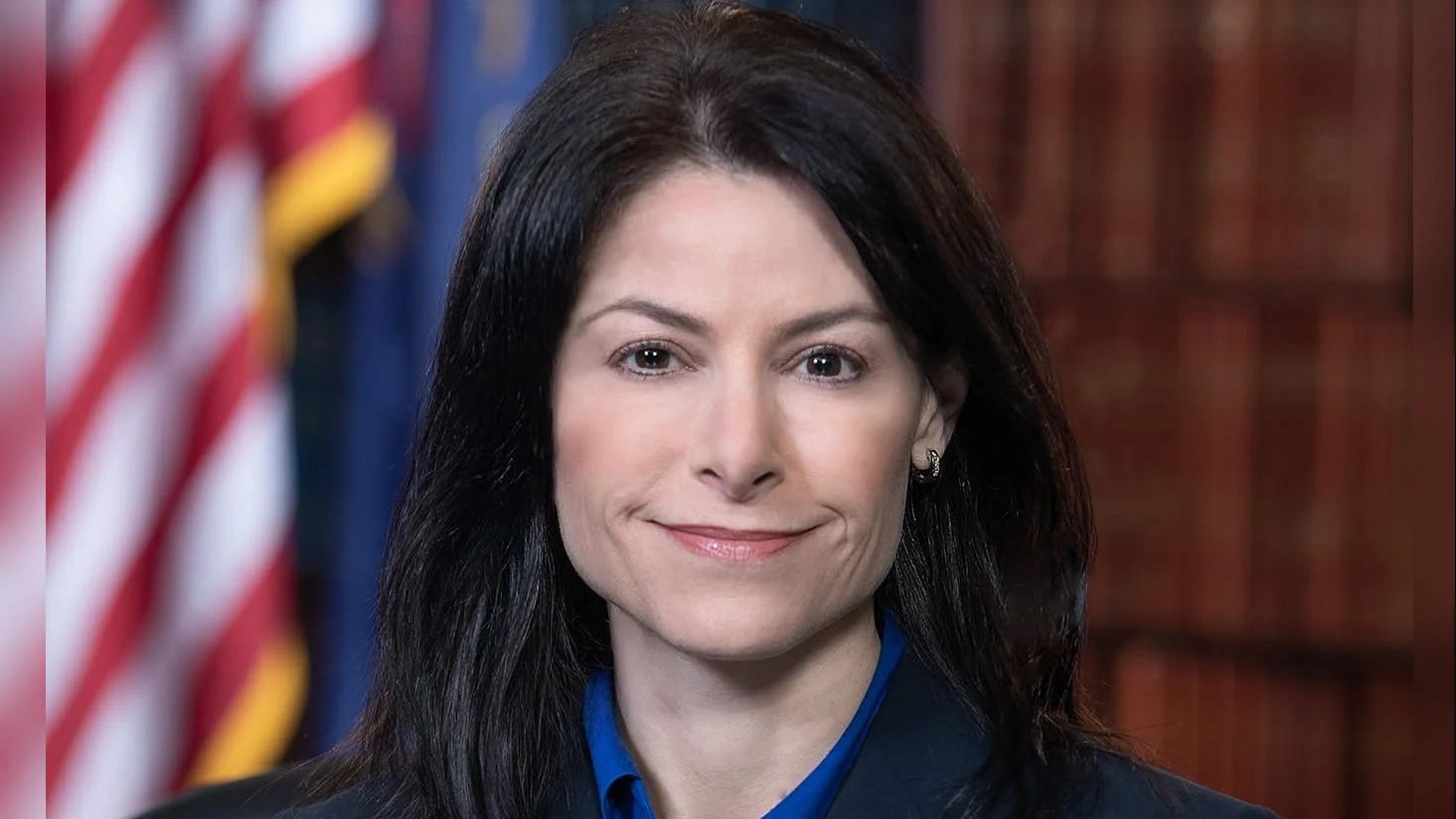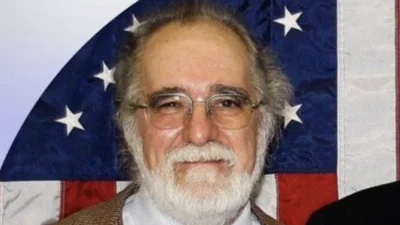Attorney General Dana Nessel | Official website
Attorney General Dana Nessel | Official website
Michigan Attorney General Dana Nessel has called on consumers to verify their eligibility for compensation related to generic drug purchases. This follows Michigan's participation with 50 states and territories in seeking preliminary approval for a $39.1 million settlement with Apotex, a generic drug manufacturer accused of price inflation and limiting competition.
"We have seen time and again how drug manufacturers conspire to inflate prices at the expense of the people who rely on their medications," Nessel stated. "This settlement sends a clear message that such unethical conduct will not be tolerated and marks a step toward ensuring medications remain accessible for those who need them most. I encourage anyone who believes they may have been affected by these practices to check if they are eligible for compensation."
The settlement, initially announced last fall alongside a $10 million agreement with Heritage Pharmaceuticals, required signatures from all necessary states and territories, which have now been obtained. The coalition is filing the settlement in U.S. District Court for the District of Connecticut in Hartford.
Consumers who purchased certain generic prescription drugs between May 2009 and December 2019 might qualify for compensation. Eligibility can be determined by contacting 1-866-290-0182 or visiting the AG Generic Drugs Settlement website.
The agreements resolve allegations against Apotex and Heritage regarding price manipulation, reduced competition, and trade restraint concerning numerous generic drugs. Both companies agreed to cooperate in ongoing litigations against other corporate defendants and executives, as well as implement internal reforms to prevent future misconduct.
Michigan is part of an extensive coalition that filed three antitrust complaints beginning in 2016. These cases involve multiple defendants across the pharmaceutical industry accused of similar conspiracies involving pricing collusion.
The investigations underpinning these cases include evidence from cooperating witnesses, extensive document databases, phone records, and contact information within the generics industry. Complaints detail interactions among competitors through various social events where illegal agreements were allegedly formed.
Alaska, Arizona, California, Colorado, Connecticut, Delaware, the District of Columbia, Florida, Georgia, Idaho, Illinois, Indiana, Iowa, Kansas, Kentucky, Louisiana, Maine, Maryland, Massachusetts, Michigan, Minnesota, Mississippi, Missouri, Montana, Nebraska, Nevada New Hampshire New Jersey New Mexico New York North Carolina North Dakota Northern Mariana Islands Ohio Oklahoma Oregon Pennsylvania Rhode Island South Carolina South Dakota Tennessee Utah U.S Virgin Islands Vermont Virginia Washington West Virginia Wisconsin Wyoming Puerto Rico joined in today’s announcement.






 Alerts Sign-up
Alerts Sign-up